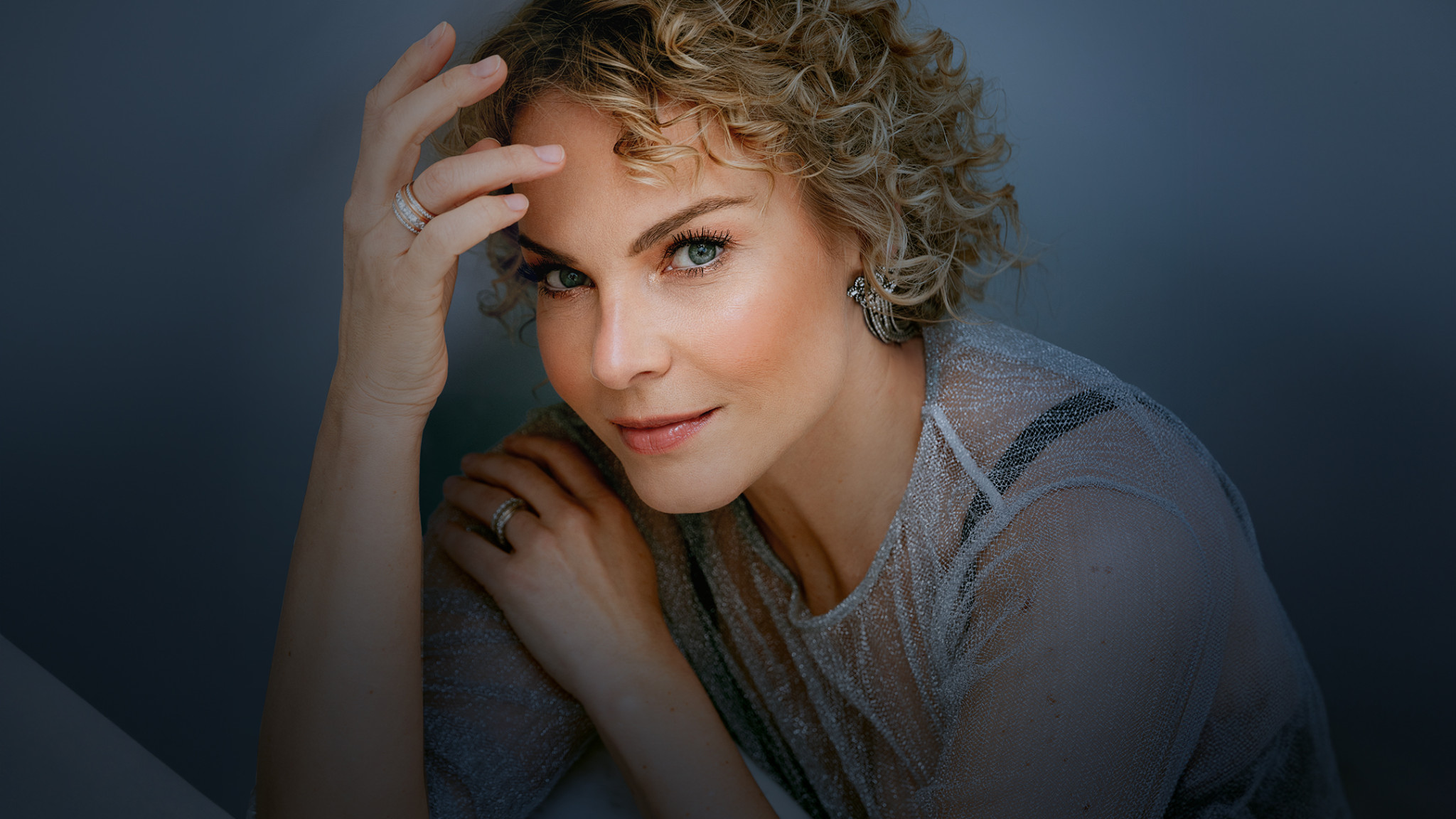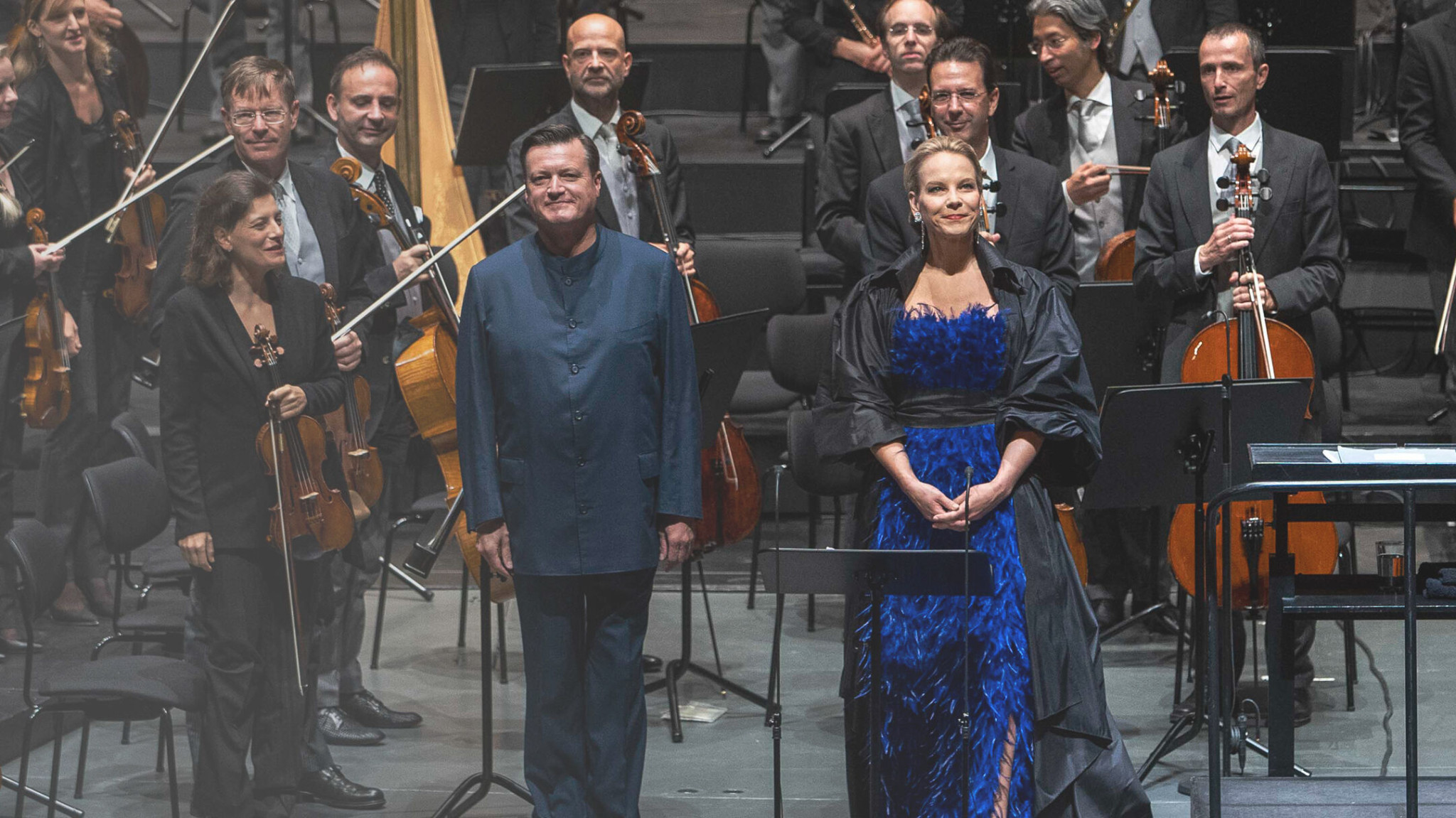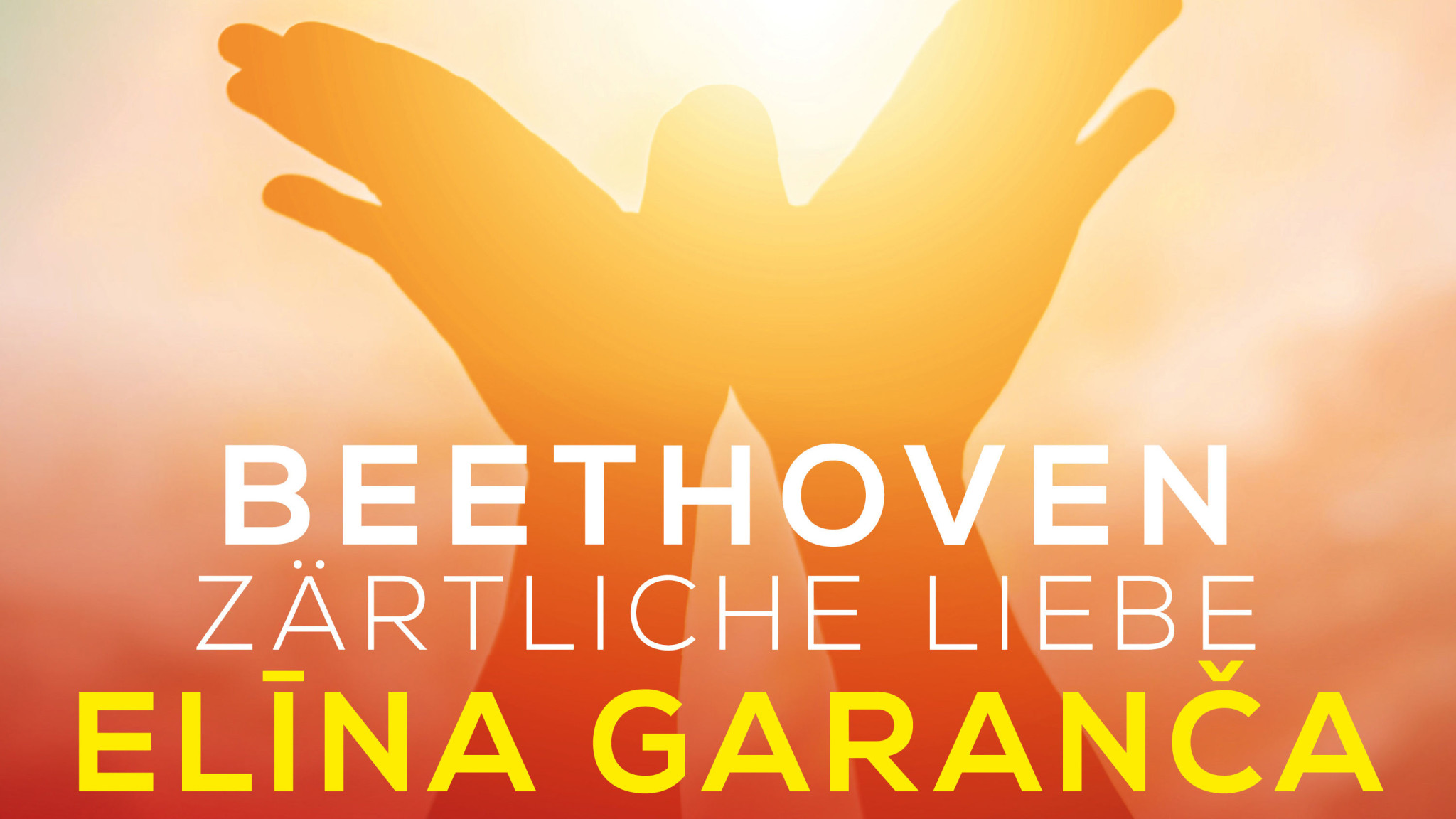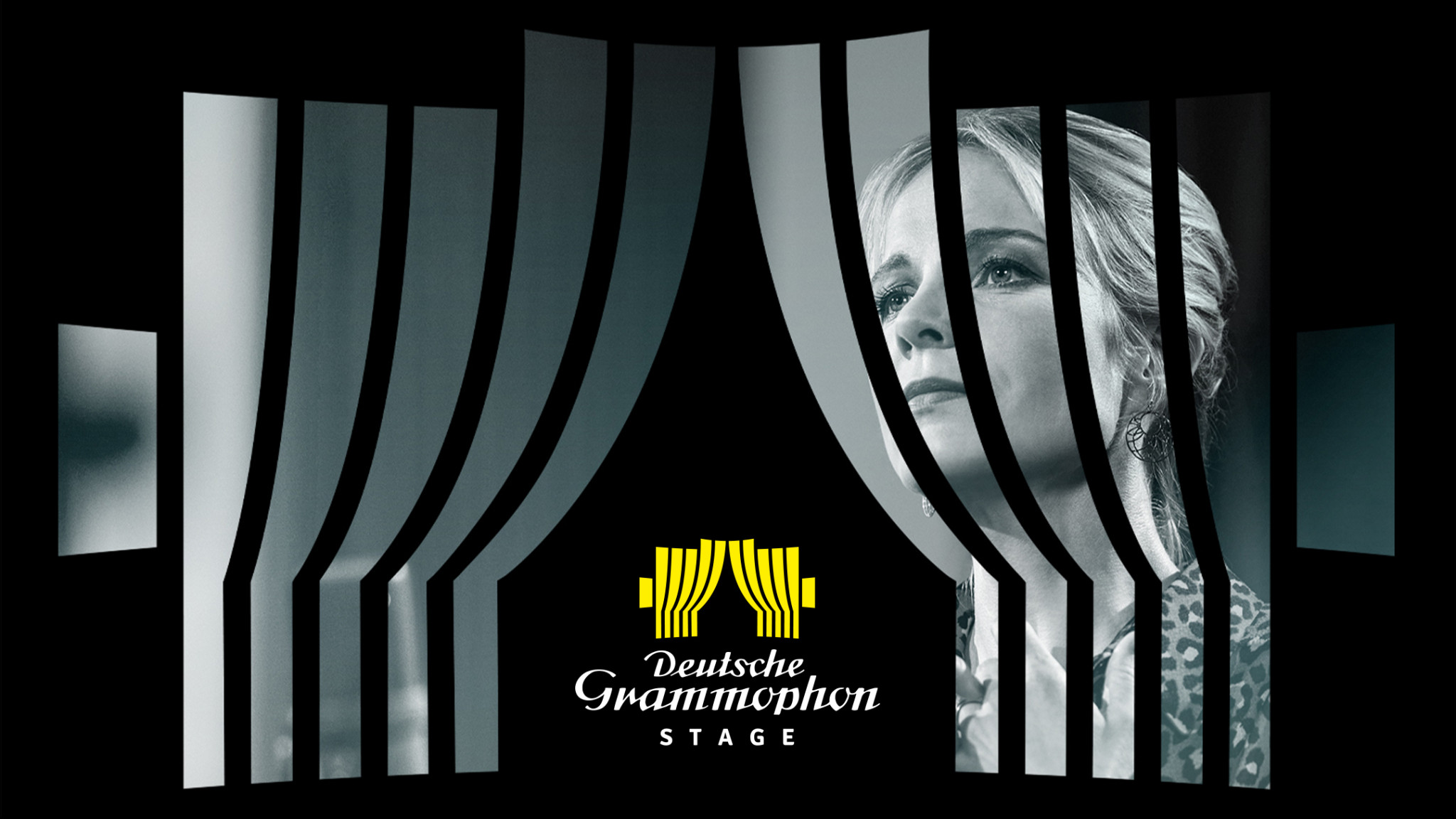Elīna Garanča announces her first solo album on DG: Schumann & Brahms Lieder
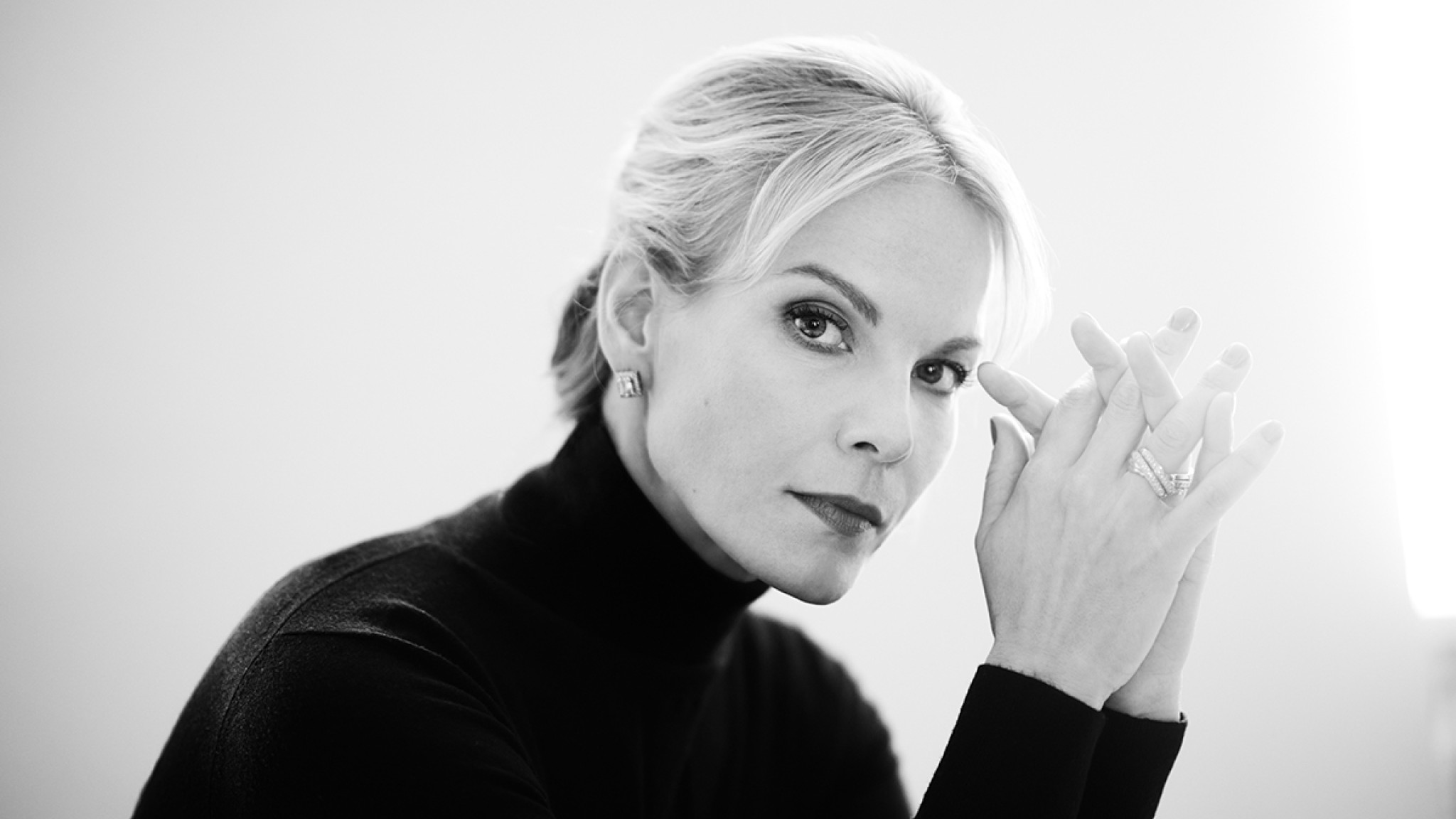
Elīna Garanča announces her first solo recital album on DG. The upcoming album is another milestone in the career of the Latvian mezzo, who has been one of the world’s best-known singers for more than 20 years, enthralling audiences in both opera house and concert hall with her colourful and agile voice, technical brilliance and exceptional charisma. She is accompanied by Scottish pianist Malcolm Martineau, a sensitive and experienced musician who has long been her trusted partner in exploring these emotional soundworlds. This programme opens with Schumann’s song cycle Frauenliebe und -Leben op. 42. composed in 1840, which offers a chronological narrative of the different stages in the life of a woman. As a complement to Schumann, Garanča has chosen a selection of Lieder by Brahms, basing her choice of material on the desire to juxtapose songs expressing very different states of mind.
For Elīna Garanča, the Lied is the most intimate of musical forms. Whereas in opera, for example, one singer may be directly reacting to another, performing Lieder is about the expression of one person’s innermost feelings: “There are no limits to longing and imagination in Lieder.” The Latvian mezzo has now recorded her first solo recital album devoted exclusively to this genre, choosing works that she has been performing live on stage for many years with the aim of documenting her personal interpretations of some classics of the German song repertoire.
Garanča sees the cycle as resembling a never-ending journey that can be undertaken at any age, and which you see from a fresh perspective and with greater intensity as you acquire each new experience in your own life. A criticism often levelled at the texts is that they portray women in an overly traditional light. Garanča, however, thinks this is not a work about oppression or self-sacrifice, but rather – in a positive sense – about “wanting to surrender yourself lovingly”.
Complementing Schumann is a selection of Lieder by Brahms – including Liebestreu op.3 no.1, Geheimnis op.71 no.3, Heimweh II op.63 no.8 and Von ewiger Liebe op.43 no.1. When it comes to Brahms’s Lieder Garanča particularly appreciates his harmonic writing, which is so rich that she often thinks in orchestral terms when interpreting them. The composer’s down-to-earth idiom is also close to her heart: “Brahms always touches me. He is genuine, earnest and sincere.”
In recent years Garanča has begun turning to the heavier dramatic repertoire, making her debuts as Santuzza in the verista opera Cavalleria rusticana and as Princess Eboli in Verdi’s Don Carlos. Verdi’s Amneris (Aida) and Wagner’s Kundry (Parsifal) are on the schedule for 2021. As she embarks on this new operatic chapter, she is keen to showcase a very different facet of her art with these recordings of Schumann and Brahms. “I love contrasts,” she explains. “I want to demonstrate that I can still whisper and be tender and soft and intimate; that three notes on the piano and an intricate melody can mean the world.”
The album will be released on November 6, 2020 on DG. Listen to the first pre-release track, Schumann’s Frauenliebe und -leben Op. 42: III. Ich kann’s nicht fassen, nicht glauben, here.

